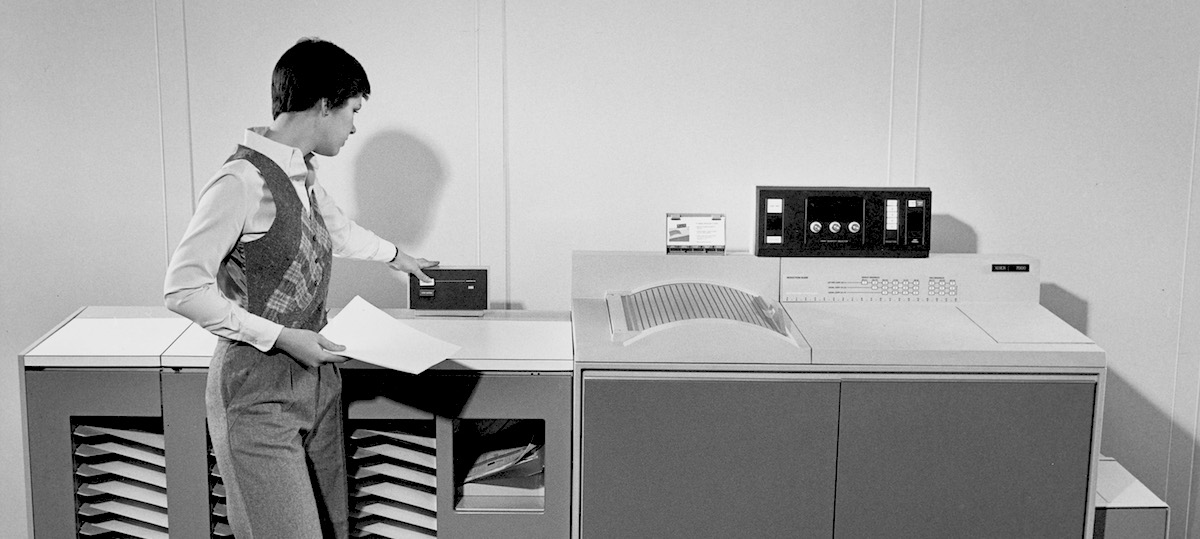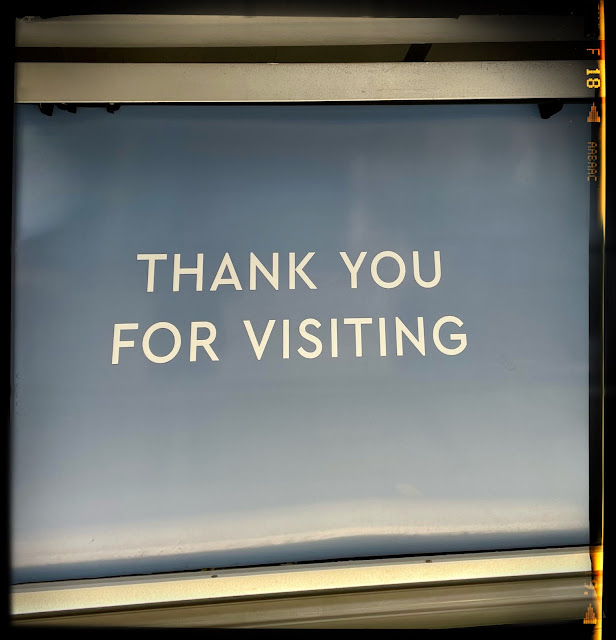
Just Because Walt Whitman Self-Published, Doesn’t Mean You Should, Too
On Self-Publishing, Vanity, and the Need of a Good Editor
“I decided to have a book of poems published at my own expense.” It was 1909, a year before William Carlos Williams would open his pediatric practice in his hometown of Rutherford, New Jersey. A friend of his father owned a local print shop, so Williams paid for Poems, his 22-page chapbook, to be produced. Epigraphs from Shakespeare and Keats led the earnest little book. Williams brought a dozen copies to a local stationary store to be sold.
“Sold” might be a generous word: Williams only sold four copies, and made one single dollar in profit. He gave the unsold books to his family. The printer stashed away his own remaining copies, which “were inadvertently burned after they had reposed ten years or more on a rafter under the eaves of [the printer’s] old chicken coop.”
Williams wasn’t alone: there is a tradition of poets publishing their own books. Williams thought his early poems were “bad Keats, nothing else—oh well, bad Whitman too.” Walt Whitman was an appropriate influence; in 1855, he paid a print shop on Fulton Street in Brooklyn to produce the first edition of Leaves of Grass. A newspaper veteran familiar with the world of press and print, Whitman took a hands-on approach. As Ed Folsom notes, Whitman “designed the binding, chose the typeface, designed the pages, worked with an engraver on the frontispiece, and even set some of the type himself.” Whitman said “I sometimes find myself more interested in book making than in book writing… the way books are made—that always excites my curiosity: the way books are written—that only attracts me once in a great while.”
His portrait first appeared opposite the title page, although in some later editions it would appear near “Song of Myself.” Whitman certainly had ambition: “I know perfectly well my own egotism, / Know my omnivorous lines and must not write any less.” He even ghostwrote some reviews of his book. In one, he waxed: “Self-reliant, with haughty eyes, assuming to himself all the attributes of his country, steps Walt Whitman into literature, talking like a man unaware that there was ever hitherto such a production as a book, or such a being as a writer.”
 All writers are vain. We believe our words matter. That’s fine. But a little ambition is best tempered by a little rejection, and perhaps more than a little editing. Williams and Whitman wanted to have books, so they paid for them. Lawrence Ferlinghetti published his first book, Pictures of the Gone World, in 1955 through his City Lights bookstore. It was the first in the iconic Pocket Poets Series of City Lights Books; he would publish Howl the next year. Speaking of Allen Ginsberg; he self-published “Siesta in Xbalba” in 1956—52 hand-stapled copies “that he mimeographed aboard a cargo ship in the Bering SeaAll writers are vain. We believe our words matter. That’s fine. But a little ambition is best tempered by a little rejection, and perhaps more than a little editing.
All writers are vain. We believe our words matter. That’s fine. But a little ambition is best tempered by a little rejection, and perhaps more than a little editing. Williams and Whitman wanted to have books, so they paid for them. Lawrence Ferlinghetti published his first book, Pictures of the Gone World, in 1955 through his City Lights bookstore. It was the first in the iconic Pocket Poets Series of City Lights Books; he would publish Howl the next year. Speaking of Allen Ginsberg; he self-published “Siesta in Xbalba” in 1956—52 hand-stapled copies “that he mimeographed aboard a cargo ship in the Bering SeaAll writers are vain. We believe our words matter. That’s fine. But a little ambition is best tempered by a little rejection, and perhaps more than a little editing.Holland Cotter notes that the rise of self-publishing in the 1950s and 60s “was encouraged by advances in duplicating technology—mimeographing, offset printing, photocopying—that made it possible for writers to produce magazines and books cheaply and virtually overnight while having control over contents and circulation.” Poets and presses were publishing the work of their friends and acquaintances, which, depending on one’s level of cynicism, might seem like an extension of self-publishing. Donald Hall once said “In America it is a tony thing to be a professional, and the word amateur tends to be nasty.” Having a book goes a long way toward some measure of credibility.
Things don’t always end up so well for self-published writers. Bill Henderson, longtime editor of the Pushcart Press, self-published his novel The Galapagos Kid in 1971 under the pseudonym Luke Walton. He’d “spent the better part of a decade in stoic devotion to every word” of the novel, but couldn’t land a traditional publisher. The book sold poorly, but he did get a review in the New York Times; they called his book “an existential fantasy that does not have a frame of reference.”
Henderson went on to publish The Publish-It-Yourself Handbookin 1973, an oft-cited anthology of essays. In one piece, the artist Adele Aldridge praised the self-publishing experience: “I highly recommend that all poets learn to set type by hand. It not only gives one a respect for the look of the word on the page, but forces a new condensation of style.” There is something romantic about the hands-on poet guiding work from page to print.
Around that time, novelist and poet Mary Mackey wrote an essay “Poet Prefers to Self-Publish” for The Self-Publishing Writer, a quarterly journal out of San Francisco (their motto: “Self-publishing means no compromise!”). She said her first book, Split Ends (1974) “is a beautiful book, and it should be. I laid out every page. All the poems I wanted are there, in the order I wanted them. . .even the poem that lists my former husband’s lovers is there—uncut.”
She thought self-publishing was perfect for poetry, since commercial books tended to treat verse like prose: “Poems, like wild animals, should have a lot of space to prowl around in.” Mackey has since become a best-selling writer of historical fiction, and an award-winning poet whose books appear from traditional presses.
Timothy Laquintano, author of Mass Authorship and the Rise of Self-Publishing, has lamented the confusion between self-publishing and vanity publishing. He thinks Henderson’s definition of vanity publishers as those who will “publish anything for which an author will pay, usually at a loss for the author and a nice profit for the publisher,” is a bit dated. In 1955, a Harper’s essay argued that vanity and subsidy publishing firms “reap their harvest from the constant stream of newcomers—schoolteachers, lawyers, religious believers, doctors, hobbyists, and the elderly men and women who write their memoirs, in about that order.” Such grifts still happen, but are easier to catch.
Henderson thinks self-publishing has been “pretty good for romance and genre writers,” but, save for Rupi Kaur, not as great for poets. Those of us who tweet self-publish daily. Our screeds and scowls and sorrows arrive without an editor’s filter. Perhaps I am a purist, but a book is a wondrous object—worthy of more discernment. Does everyone have a book in them? I’m not sure. I think everyone has a good poem in them—but a poem does not make a collection, lest we mistake a single note for a symphony.
Vanity can be dangerous for a writer—and those who self-publish should, at the least, hire an honest editor to sit with their poems. Dogged belief in the beauty of our written words makes me think of Carlo M. Flumiani, who was found guilty of mail fraud in 1941. His press, Fortuny’s Publishers, flattered authors with boilerplate praise. Between 1935 and 1941, he bilked authors out of half a million dollars. He even hired Brooklyn high school students to craft his form letters. His defense, however pithy, stings: he described the United States as “a fine country, full of peasants who think they can write.”
A more generous take comes from William Carlos Williams. His reason for self-publishing: his poems “had to be got out of my system some way. This was to be the answer.”


